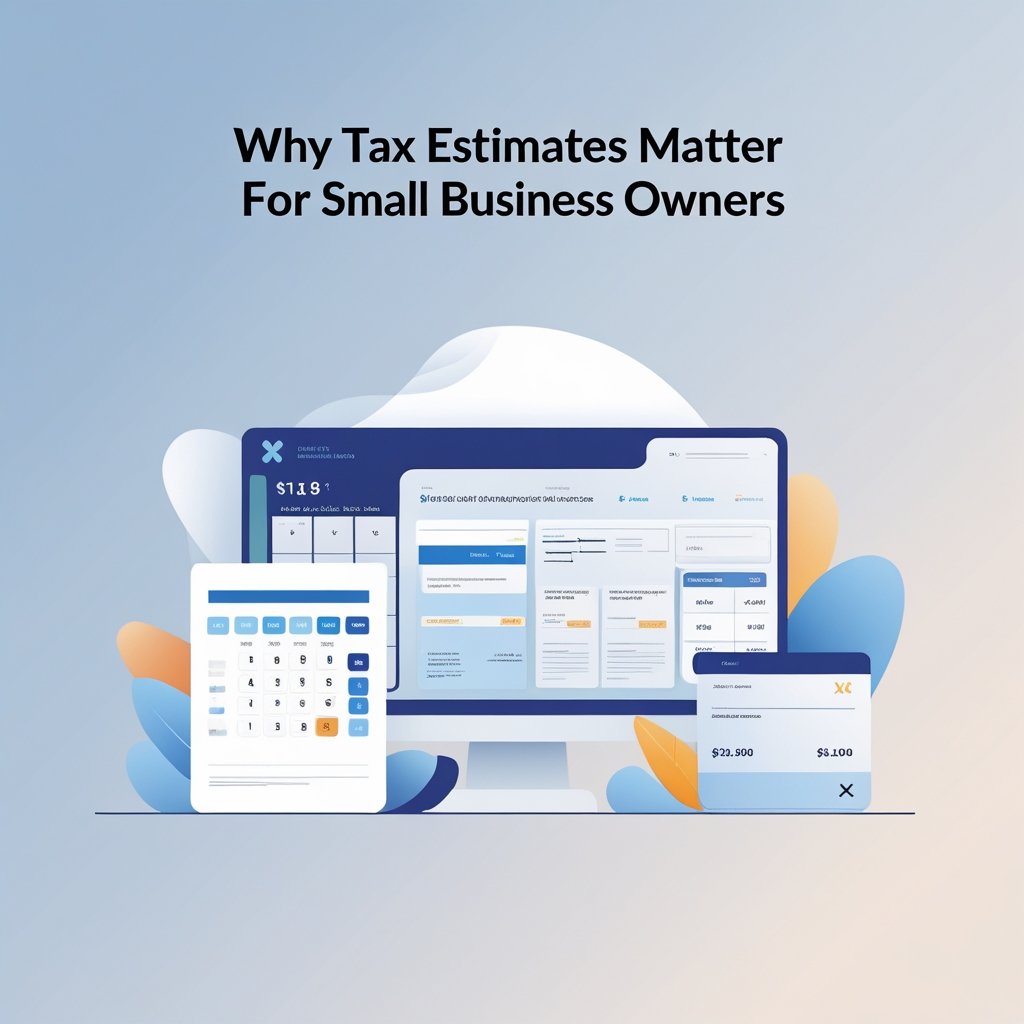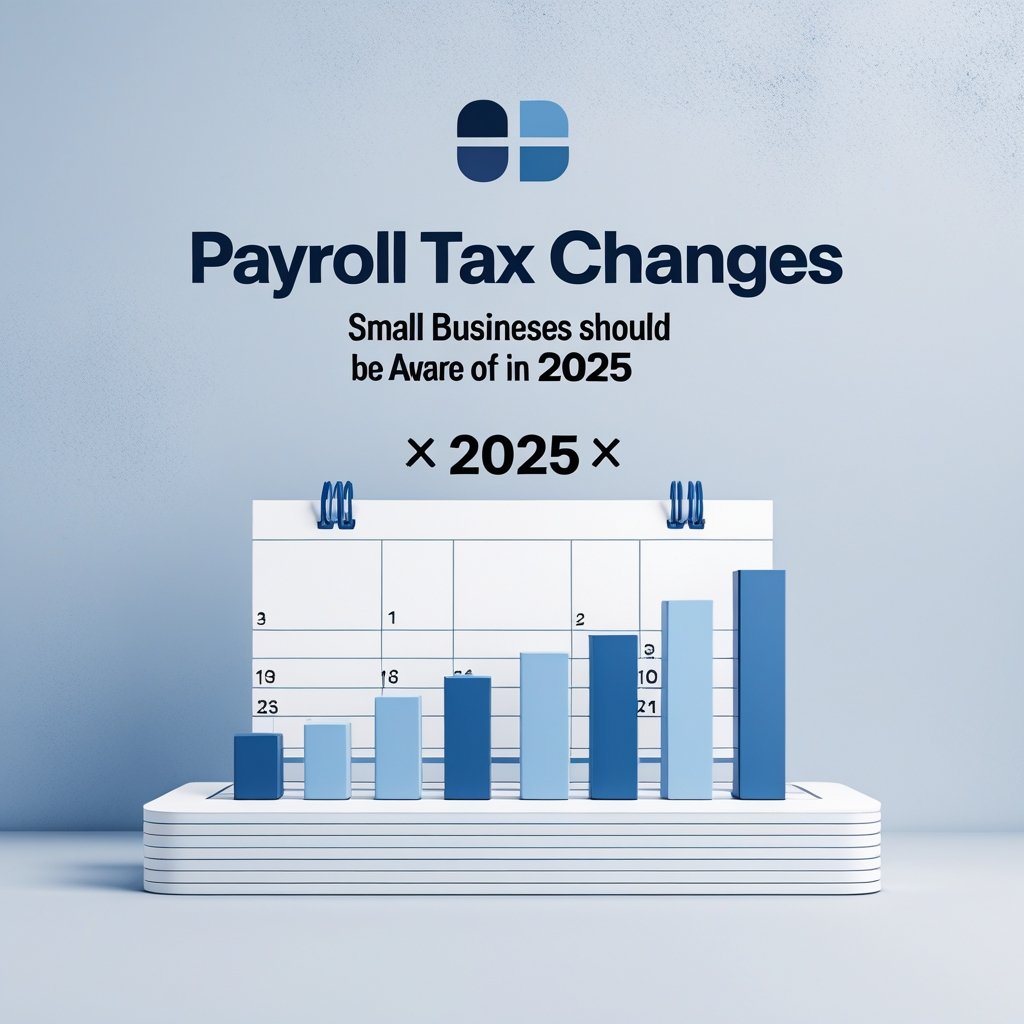Life is full of changes, and each milestone you reach can have an impact on your taxes. Whether you’re getting married, having a child, buying a home, or going through a divorce, these significant life events can lead to different tax responsibilities or opportunities. Understanding how these changes affect your taxes can help you plan better and ensure you take full advantage of potential tax benefits. Here’s a simple breakdown of how key life changes might impact your taxes.
- Getting Married or Divorced
Marriage and divorce are two life events that can have a major effect on your taxes. The IRS treats married couples differently than single individuals, and your filing status can influence the amount of tax you owe or the size of your refund.
Marriage
- Filing Status: When you get married, you’ll typically file as either “Married Filing Jointly” or “Married Filing Separately.” Most couples benefit from filing jointly, as it often leads to a lower tax bill due to higher income limits for tax brackets, larger standard deductions, and eligibility for various tax credits (e.g., the Child Tax Credit or Earned Income Tax Credit).
- Marriage Penalty or Bonus: In some cases, if both spouses have similar, high incomes, filing jointly can result in a “marriage penalty,” meaning you pay more in taxes than you would if you filed separately. On the other hand, if one spouse earns much more than the other, you might experience a “marriage bonus,” which could lower your tax burden.
Divorce
- Filing Status: After a divorce, your filing status will likely change to “Single” or “Head of Household,” depending on your situation. If you have dependents, you may qualify for a more favorable tax rate as a head of household, which is often better than filing as single.
- Child Custody and Dependents: One of the most important aspects of a divorce is deciding who will claim the children as dependents on their tax return. Typically, the custodial parent (the parent the child lives with more than half the year) gets to claim the child, though parents can work out an agreement if needed. Make sure you have clear agreements in place to avoid confusion when filing taxes.
- Having a Child
Welcoming a new baby or adopting a child can have a big impact on your taxes, as there are several credits and deductions specifically designed for parents.
- Child Tax Credit: Parents can claim the Child Tax Credit, which offers up to $2,000 per qualifying child under age 17 (subject to income limits). This credit is partially refundable, meaning if you don’t owe enough taxes to use the full credit, you might receive a refund.
- Dependent Care Credit: If you pay for childcare while you work or look for work, you may be eligible for the Dependent Care Credit. This helps offset the cost of daycare, preschool, or summer camps for children under 13.
- Filing Status: As a single parent, you may be eligible to file as “Head of Household,” which provides a larger standard deduction and lower tax rates than filing as “Single.”
- Medical Expenses: If you incur medical expenses for your child, especially in the first few years of life, these costs might be deductible if they exceed a certain percentage of your income.
- Buying a Home
Buying a home is a major financial decision, and it can also bring significant tax benefits.
- Mortgage Interest Deduction: If you itemize your deductions, you can deduct the interest you pay on your mortgage. This can be especially helpful in the early years of the mortgage when the interest payments are higher. For mortgages on homes bought after December 15, 2017, the deduction applies to loans up to $750,000 (for single filers).
- Property Taxes: You can also deduct state and local property taxes, though this deduction is subject to a cap of $10,000 (or $5,000 if married and filing separately).
- First-Time Homebuyer Credits: Some states offer tax credits or deductions to first-time homebuyers, which can help reduce your state tax burden. Additionally, certain first-time homebuyer programs allow you to use tax-advantaged savings accounts, like a First-Time Homebuyer Savings Account, to save for your home purchase.
- Starting a New Job or Changing Jobs
Changing jobs or starting a new business can also affect your taxes, especially if your income changes or you become self-employed.
- Income Taxes and Withholding: When you start a new job, make sure your employer has your correct information (e.g., filing status, number of dependents) to determine how much federal income tax to withhold. If you don’t have enough tax withheld, you may owe at the end of the year, and if you have too much withheld, you might be getting a larger refund.
- Moving Expenses: For most taxpayers, moving expenses are no longer deductible, except for active-duty military personnel. However, if your new job is far enough away from your current home, you should still check if your employer offers any relocation assistance that may be tax-free.
- Self-Employment: If you start a business or become a freelancer, your tax situation will change significantly. You will be responsible for paying both the employee and employer portions of Social Security and Medicare taxes (known as self-employment tax). However, you can deduct business-related expenses, such as office supplies, equipment, and home office space, to reduce your taxable income.
- Retirement
When you retire, your tax obligations may change based on your income sources, whether you’re drawing from retirement accounts, pension plans, or Social Security.
- Withdrawal from Retirement Accounts: Money you withdraw from traditional retirement accounts like a 401(k) or IRA is subject to income tax. However, withdrawals from Roth IRAs or Roth 401(k)s are tax-free, as long as you meet certain conditions. It’s important to plan withdrawals carefully to minimize tax penalties.
- Social Security Benefits: Social Security benefits are taxable depending on your income level. If your total income (including your benefits) is above a certain threshold, a portion of your Social Security benefits may be taxable.
- Required Minimum Distributions (RMDs): Once you reach age 73, you must begin taking Required Minimum Distributions (RMDs) from your traditional IRAs and 401(k)s. These distributions are taxable, so you should plan accordingly to avoid a higher tax bill.
- Health-Related Life Changes
Whether it’s through medical expenses, disability, or changes in health insurance, health-related changes can have a direct impact on your taxes.
- Health Savings Accounts (HSAs): If you have a high-deductible health plan, you may be eligible to contribute to an HSA, which allows you to save money tax-free for medical expenses. Contributions are tax-deductible, and withdrawals for qualified medical expenses are also tax-free.
- Medical Expenses Deduction: If your out-of-pocket medical expenses exceed 7.5% of your adjusted gross income (AGI), you can deduct the excess amount. This includes costs like doctor visits, prescription medications, and surgeries.
- Disability: If you become disabled, you may qualify for certain tax breaks, including deductions for medical expenses or tax-free disability benefits. Additionally, certain state and federal programs may offer tax relief for individuals with disabilities.
The Riwa is your one-stop financial partner, providing reliable tax, payroll service. We help businesses and individuals across the USA.
Contact us: info@theriwa.com & Visit our website : theriwa.com






